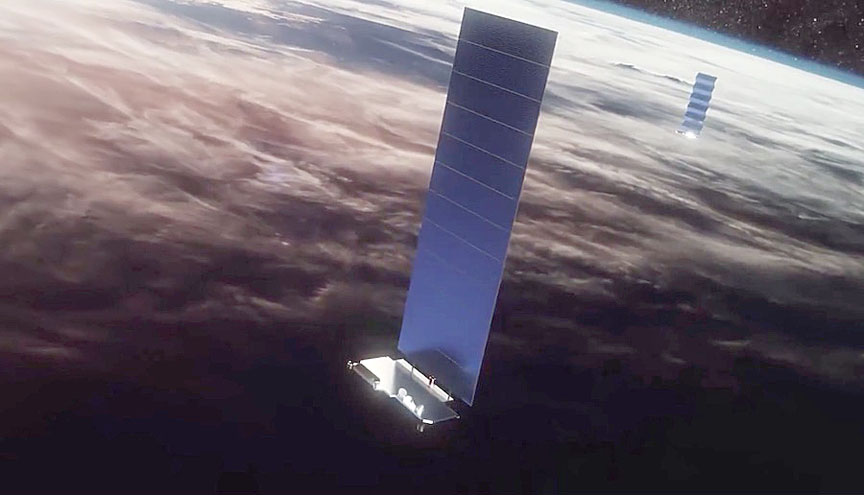NASA has awarded six contracts to LEO broadband operators to support the development and demonstration of near-Earth communications technology. The contracts have a combined total value of $278.5M, with each company expected to “match or exceed” NASA’s investment over the next five years.
The awardees:
- SpaceX, receiving $69.95M to develop Starlink, its LEO broadband constellation.
- Amazon’s Kuiper, receiving $67M for its optical LEO data relay network.
- Viasat, receiving $53.3M for its Ka-band GEO constellation.
- Telesat, receiving $30.65M to support its networks of C-band GEO and Ka-band LEO satellites.
- SES, receiving $28.96M to continue developing its C-band GEO network and MEO Ka-band network.
- Inmarsat, receiving $28.5M for an L-band radio frequency satellite network in GEO.
Each of the awardeed has proven communications capabilities on orbit. The Communications Services Project (CSP) contracts will ensure that these services are up to NASA’s standards and ready to support future missions. The funding is also meant to support each company’s commercial operations as the satcom industry matures and grows.
I’m too old for this: NASA has operated the Tracking and Data Relay Satellite (TDRS) constellation in GEO since 1983. The agency announced in 2020 that it is planning to decommission TDRS and pass off that communications capability to commercial providers within the next decade or so.
- “We are following the agency’s proven approach developed through commercial cargo and commercial crew services,” said Eli Naffah, CSP project manager at NASA’s Glenn Research Center, in NASA’s release.
The contract specs: Under the CSP contracts, companies will have five years to develop and demonstrate their comms capabilities are up to snuff. After that, the US space agency plans to award additional CSP contracts by 2030, transitioning over from TDRS as it’s decommissioned.




